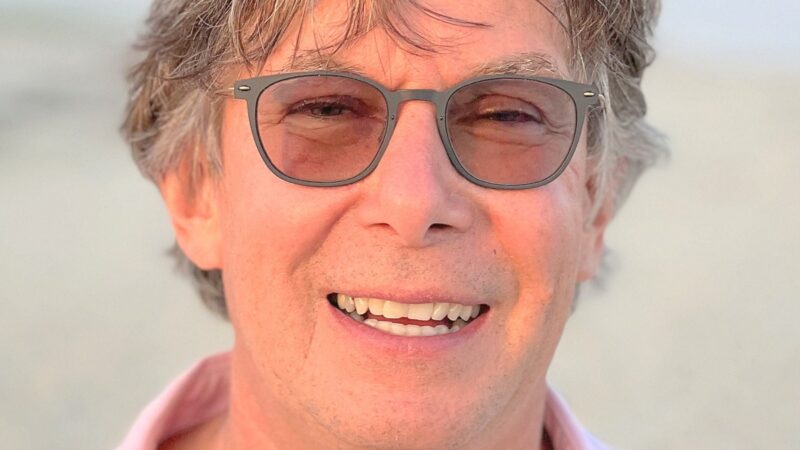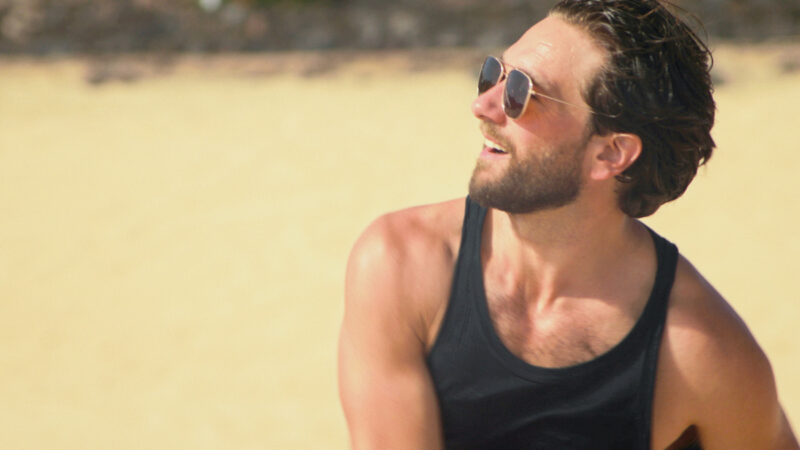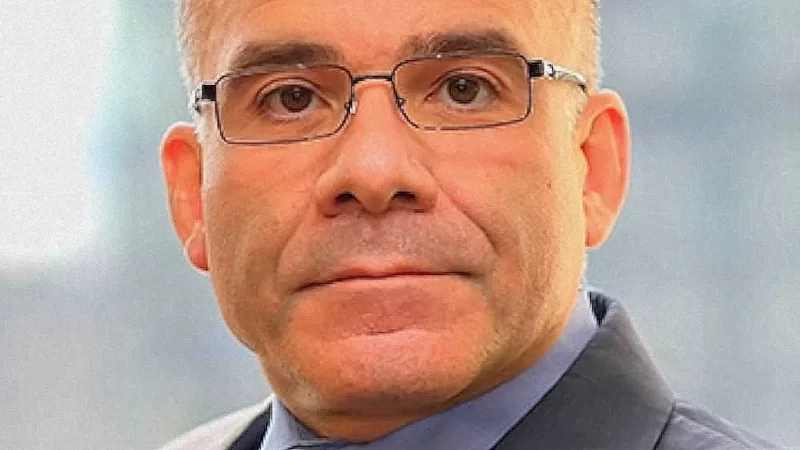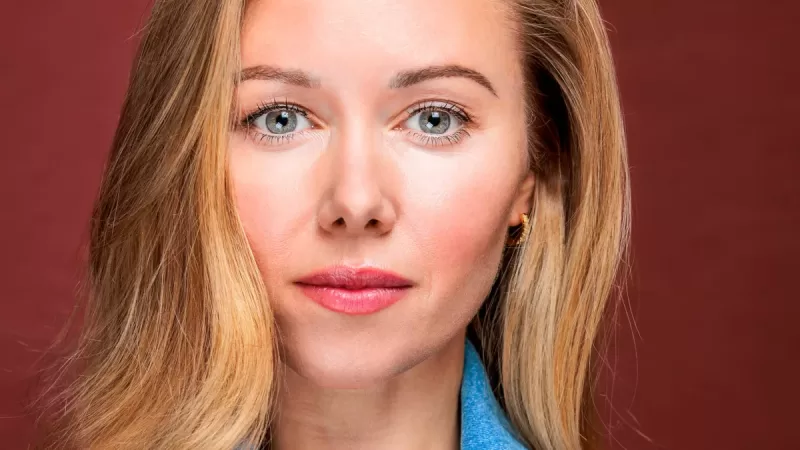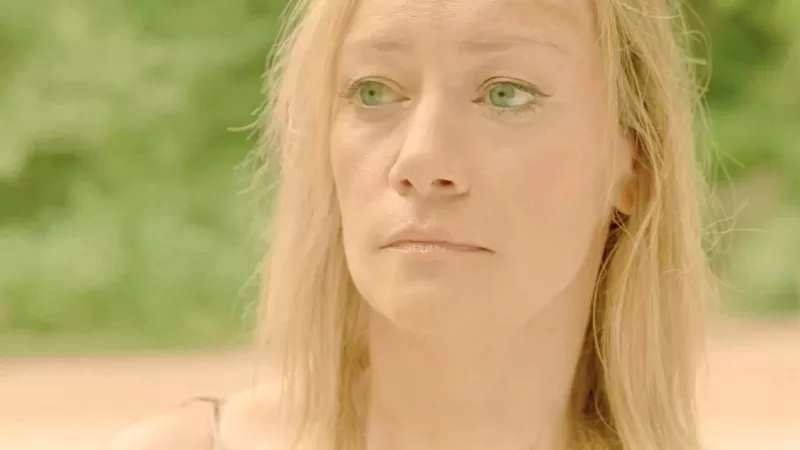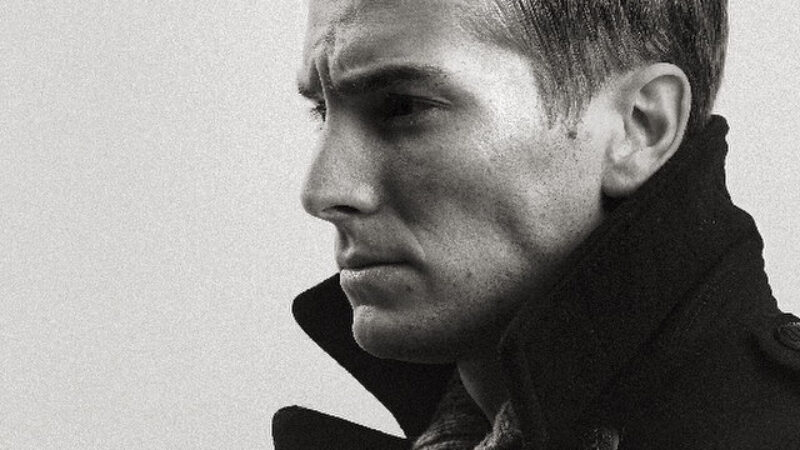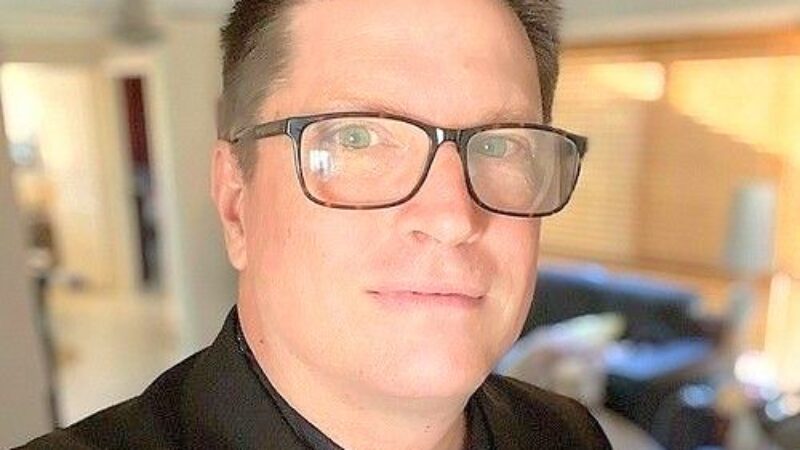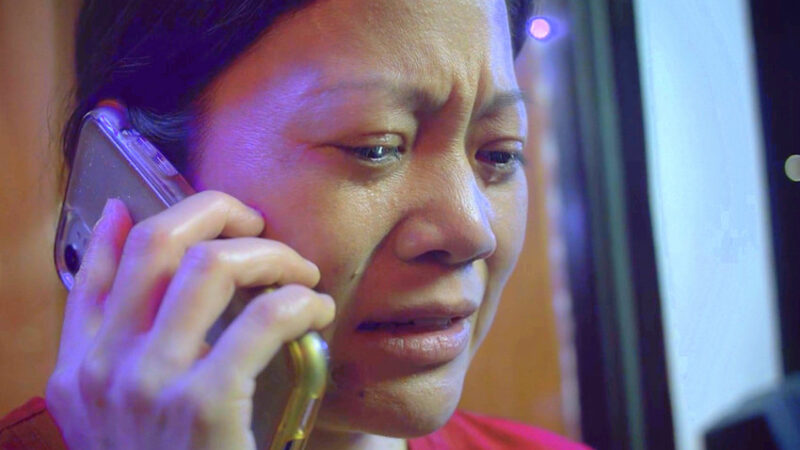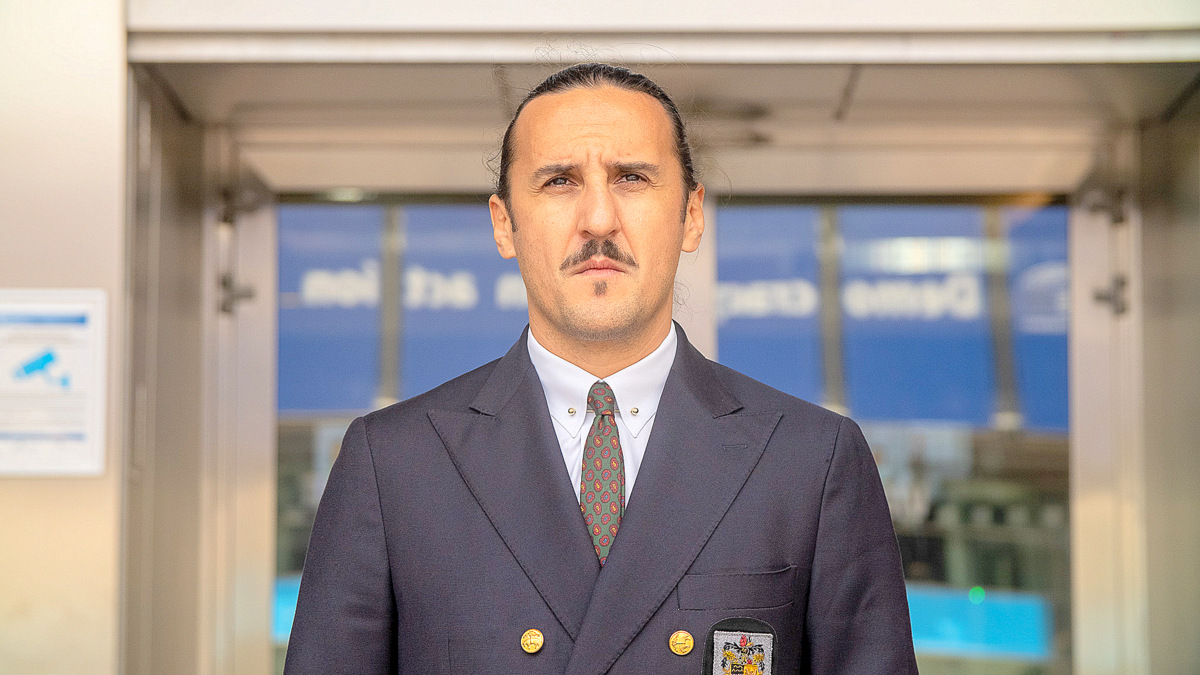
WAORANI: Omede Beye Ante Nee Adani is known in English as Guardians of the Amazon. Ridley Scott describes the film as “an impressive introspection into the cosmovision of the Waorani tribe defenders of the last Eden of Earth called Yasuni.”
The film follows the journey of Ecuadorian director Luisana Carcelén as she ventures deep into the heart of the Waorani women’s community in Ecuador. She unveils the testimonies of women who have assumed leadership roles and stand as steadfast guardians of their habitat and families, facing down the corporate and governmental powers that seek to demolish their home and silence their voices
indieactivity: How would you describe your experience working and seeing WAORANI?
Jamaicanoproblem (J): It’s been a very eye opening experience working in this film. Watching the film in cinemas and interacting with the audience has been extremely rewarding. In good faith I delivered on the promises I made to them when making this together.
Why Waorani women of the Ecuadorian Amazon? It seems necessary, but why and how did you arrive at this choice?
Jamaicanoproblem (J): I had my co- director Luisana Carcelen coming to me for help. She did a journalistic piece following this women for several years. Since I have been exploring the amazon for 27 years this theme immediately got to me. So it felt right to turn this into real movie. A cinematographic work that could primarily would serve as an academic silabus for the future generations. As Waorani women don’t read nor write in their language.
It is a high quality of interviewees that you have shot. How did you secure these interviews? What went into the process?
Jamaicanoproblem (J): Well it was Luisana that made her way into the subject and started filming a TV movie. Then after I got unblocked we started a connection with them again. But through my foundation – Identidad Nacional. Proposing to transform this into a cinematographic piece. One that could go to the Oscars and they accepted to start working towards that. And also lend their voice for a narration recording after that all started to follow through.
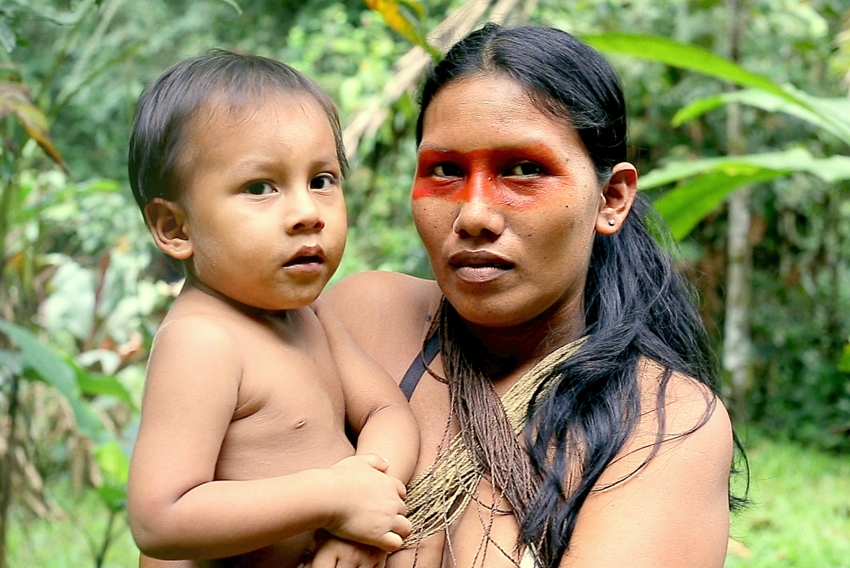
Without giving anything away, tell us a little bit about the production, how did you structure production?
Jamaicanoproblem (J): Production was simple but very focused on details into their cosmovision (their way to perceive existence). This was done through a lot of exchanges with them as they co-produce with us. We wanted to capture the essence and include them as much as possible for them to build this for them.
Who is WAORANI for? Who do you think would enjoy it the most?
Jamaicanoproblem (J): Waorani is for them and who will profit more from it will be their future generations. As with it they will be able to preserve better their identity through times of heavy globalization.
How long did it take to shoot and edit the entire film together?
Jamaicanoproblem (J): About 10 years in total.
Tell us about the post-production process? How did you secure footage of the 50s?
Jamaicanoproblem (J): It was long research into world archives. Directing the voice over recording in amazon language was complicated. As they didn’t understand the concept well but in the end it turned out wonderful.
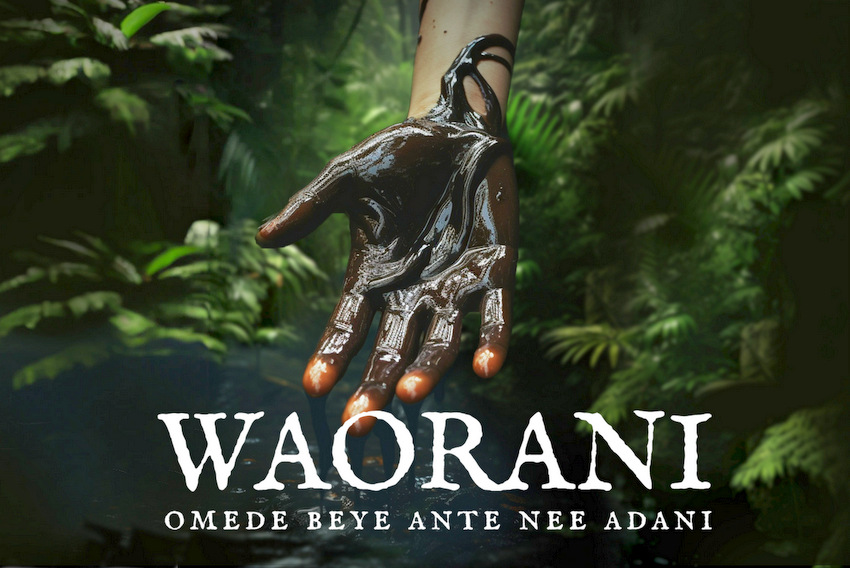
The film had a lot of talent working behind the scenes? Why is diversity important both in front of and behind the camera
Jamaicanoproblem (J): Yes. Through the years there were many people involved. Later a lot of artists came to help make this a more emotional journey. It is important to have diversity to take different views that can help bring to life a tridimensional register of truth.
What were your goals with WAORANI!?
Jamaicanoproblem (J): Our main goal for the movie was to leave a historical registration. A record of their past, and present for them to project into the future. Second, goal is now to get enough media attention to their cause – an Oscar shortlist could give. To create international awareness of their fight against the corpocratic powers. The powers that want to take their nature/ their territory for profits.
What’s next for you? What are you working on right now?
Jamaicanoproblem (J): I’m now filming a narrative movie with Sea Lions in the Galapagos Islands with Academy award winners : Guillermo Navarro and Adam Leipzig.
What would you recommend to a documentary director at the beginning of his/ her journey?
Jamaicanoproblem (J): You break the mold, be passionate about being disruptive.
What’s your favorite documentary topic? Why?
Jamaicanoproblem (J): As an audience my favorite documentary topic is historical documentaries. Just because I like to see how mistakes were made in the past and learn as much I can from history facts.
What advice would you give documentary directors around the world?
Jamaicanoproblem (J): We share a big responsibility, to bring the themes that are killing our nature into light, let’s focus more on fighting with our movies the world powers that keep putting profits before lives.
Tell us what you think of the interview with Jamaicanoproblem. What do you think of it? What ideas did you get? Do you have any suggestions? Or did it help you? Let’s have your comments below and/or on Facebook, Instagram, or Twitter.
Socials
Website
IMDb
Instagram
FILMMAKER INTERVIEWS

